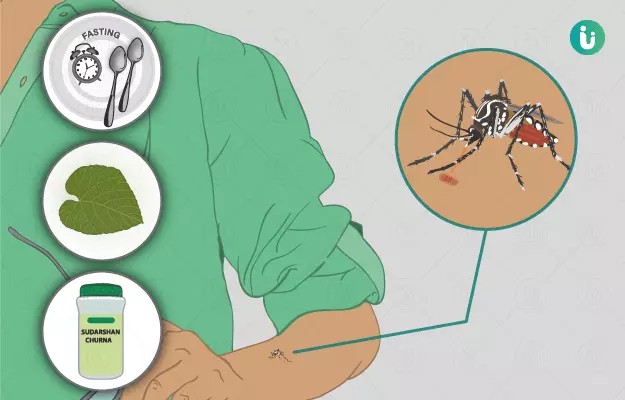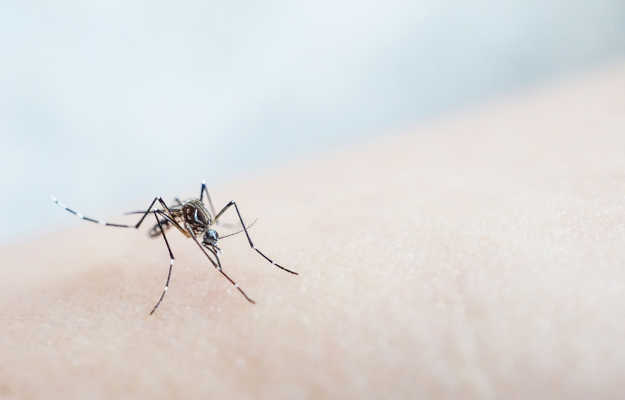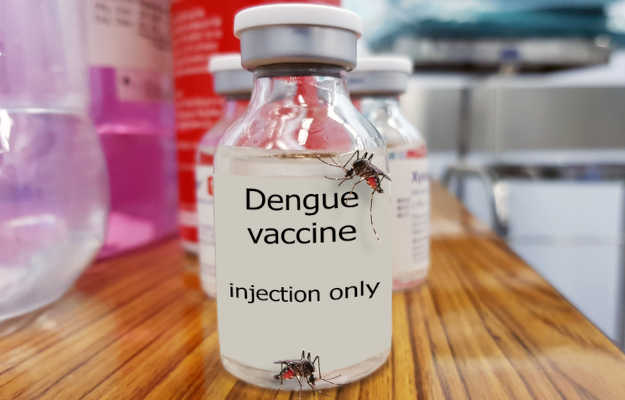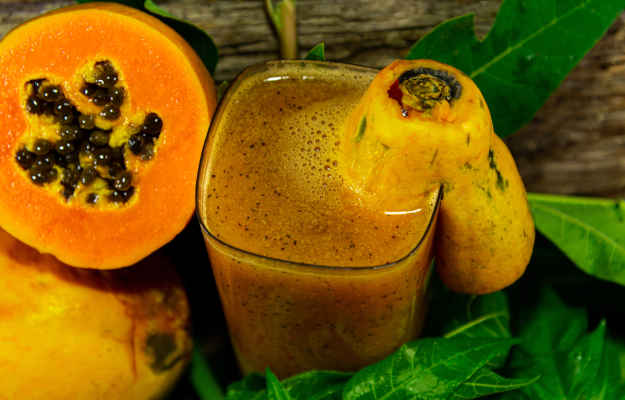Dengue, also called dandaka jwara in Ayurveda, is an acute viral fever caused by the bite of Aedes aegypti mosquito. Dengue is mainly characterised by high fever, severe pain in the joints and muscles, and reduced platelet count. Depending on the severity of the condition, there may be other symptoms such as rashes, nausea, vomiting, bleeding, cramps etc.
Ayurveda describes various treatment procedures to manage dengue fever, which includes langhana (fasting), deepana (appetising), pachana (digestive) and mrudu swedana (mild sudation or sweat therapy). Herbs used for dengue treatment include papaya leaves, guduchi (heart-leaved moonseed), amalaki (Indian gooseberry), wheat grass, rasonam (garlic), tulsi (holy basil) and neem. Ayurvedic herbs prevent mosquito bites and boost the immune function thus helping in the prevention and treatment of dengue. Medicines that are used for the management of dengue include tribhuvan kirti rasa, guduchyadi kashaya, sanjivani vati, vasantsukumar, sootshekhara, sudarshan churna, vasavaleha, lakshagodanti churna and padmakadi taila.
(Read more: Dengue diet)
















































